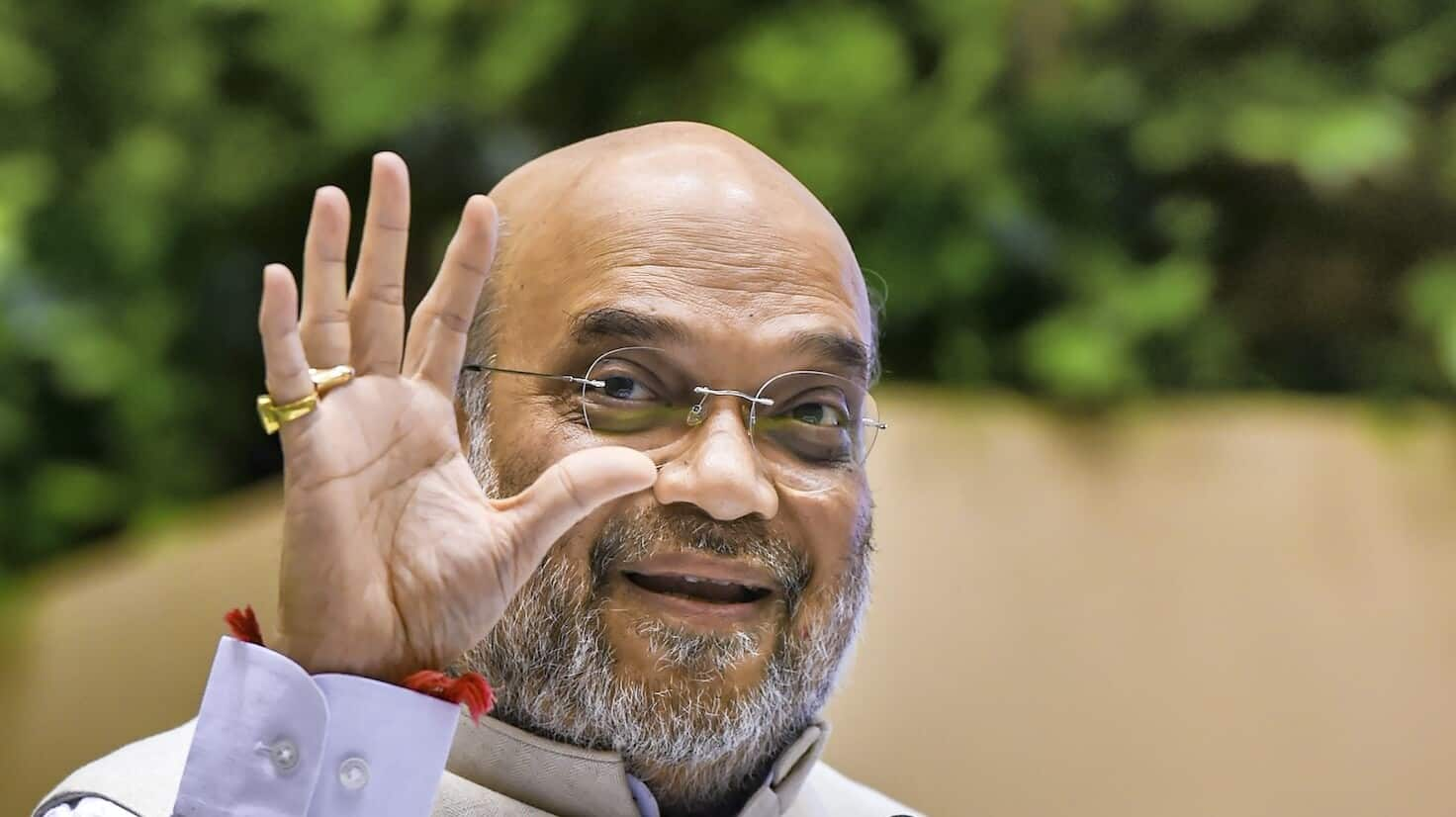
'One Nation, One Election' will be implemented this term: Shah
What's the story
Home Minister Amit Shah announced on Tuesday that the Bharatiya Janata Party-led National Democratic Alliance government plans to implement the "one nation, one election" policy within its current tenure.
The announcement was made during a press conference marking 100 days of Prime Minister Narendra Modi's third term.
This statement follows Finance Minister Nirmala Sitharaman's revelation on Monday that consultations on the policy framework have been completed.
Policy support
PM Modi's call for support on simultaneous polls
Last month, during his Independence Day speech, PM Modi urged political parties to support the idea of simultaneous polls.
"The nation has to come forward for 'one nation, one election,'" he said from the Red Fort.
He also emphasized that national resources should be used for the common person and stated, "We have to come forward to realize the dream of 'one nation, one election.'"
Recommendations
Panel recommends simultaneous elections, constitutional amendments
The "one nation, one election" policy aims to synchronize elections for the Lok Sabha, state assemblies, and other local bodies. This is reportedly expected to save public funds, reduce election fatigue, and ensure uninterrupted governance and development.
A high-level panel led by former president Ram Nath Kovind recommended simultaneous elections for the Lok Sabha and state assemblies as an initial step.
The panel also proposed 18 constitutional amendments to facilitate this change.
Future elections
Law Commission likely to recommend simultaneous polls
The Law Commission is likely to recommend holding simultaneous polls for all three tiers of government—Lok Sabha, state assemblies, and local bodies like municipalities and panchayats—starting with 2029.
The Kovind panel has not specified any period for rolling out simultaneous polls but proposed the creation of an 'Implementation Group' to oversee the execution of its recommendations.
Most of these proposed constitutional amendments will not require ratification by state assemblies but will need certain Constitution amendment bills passed by Parliament.